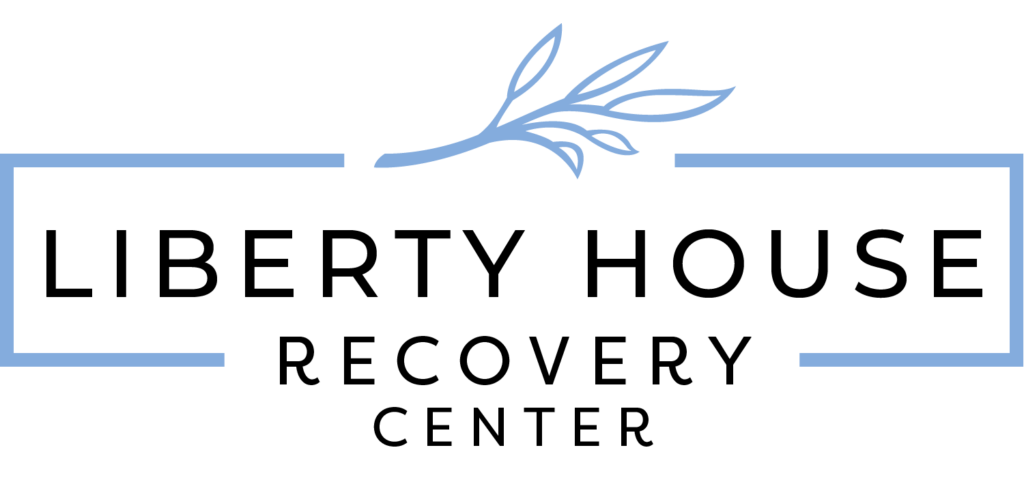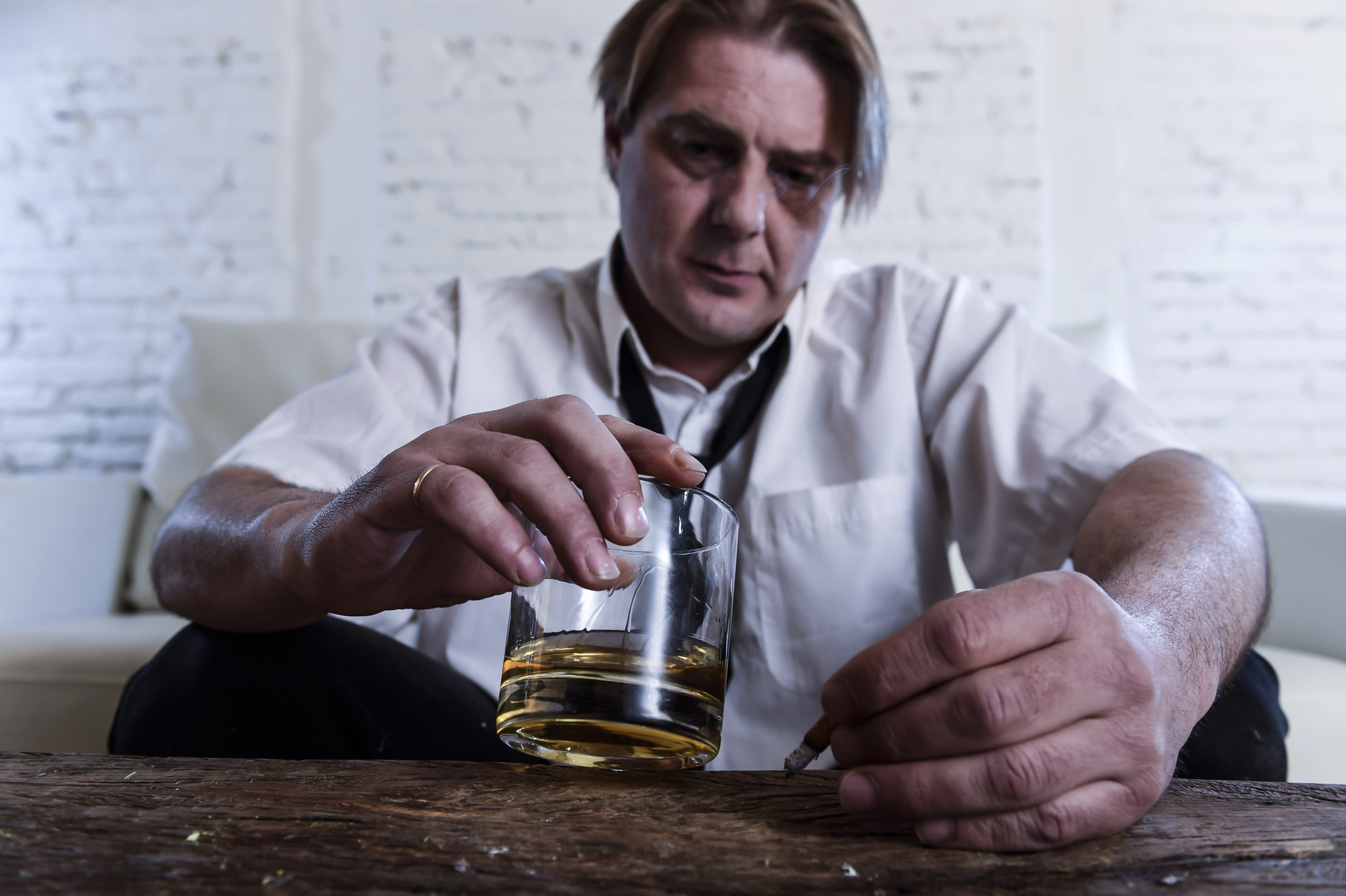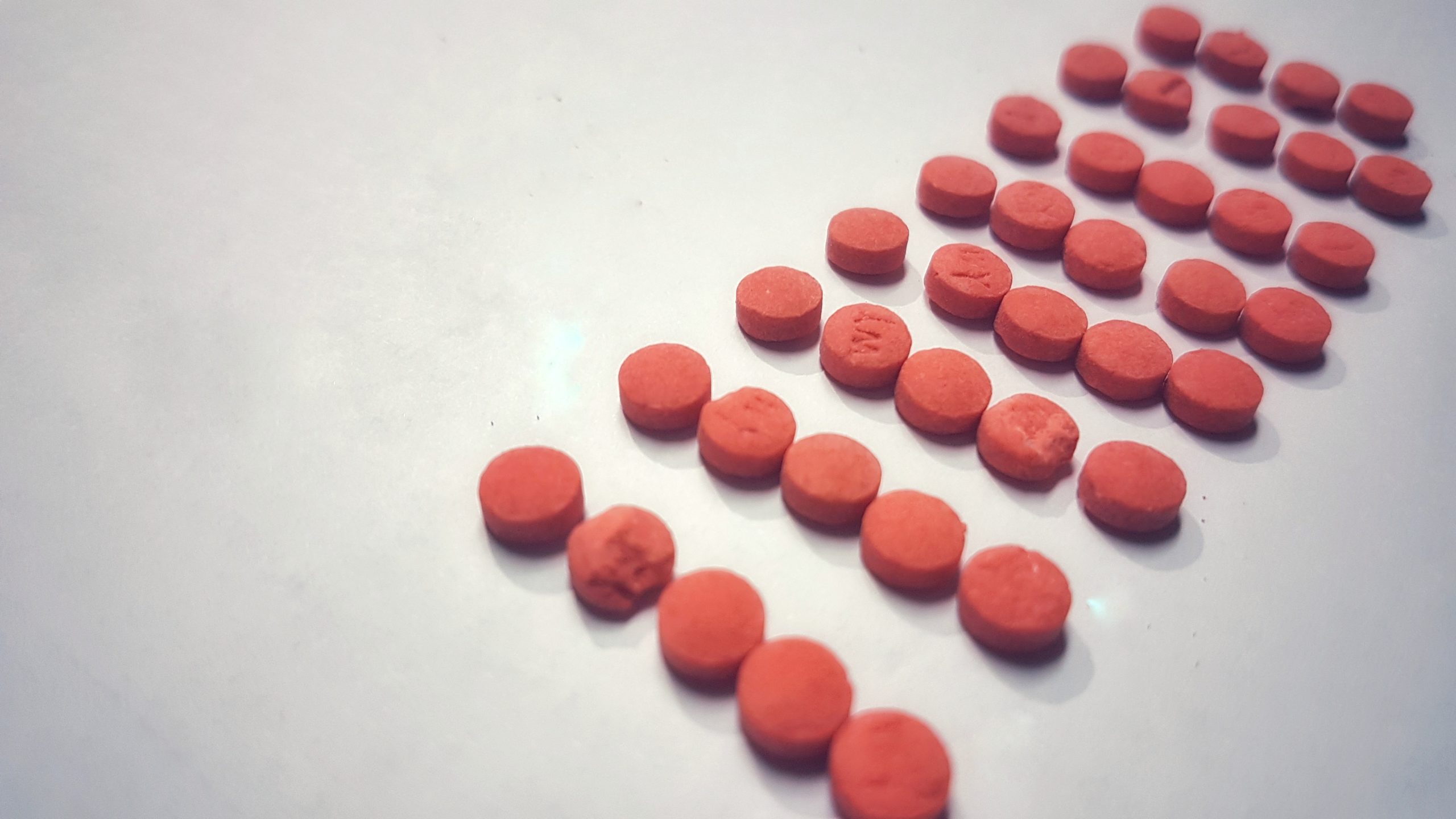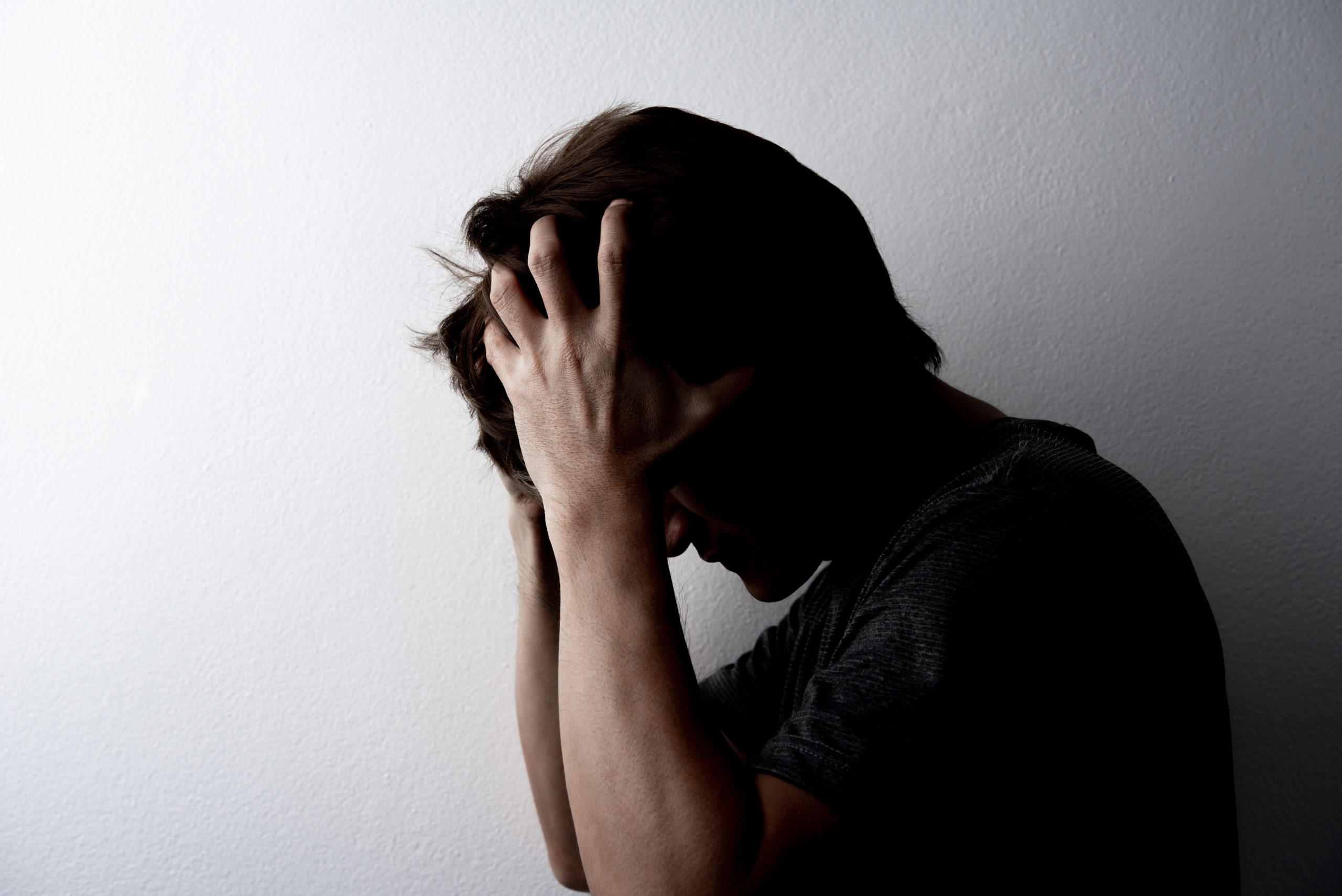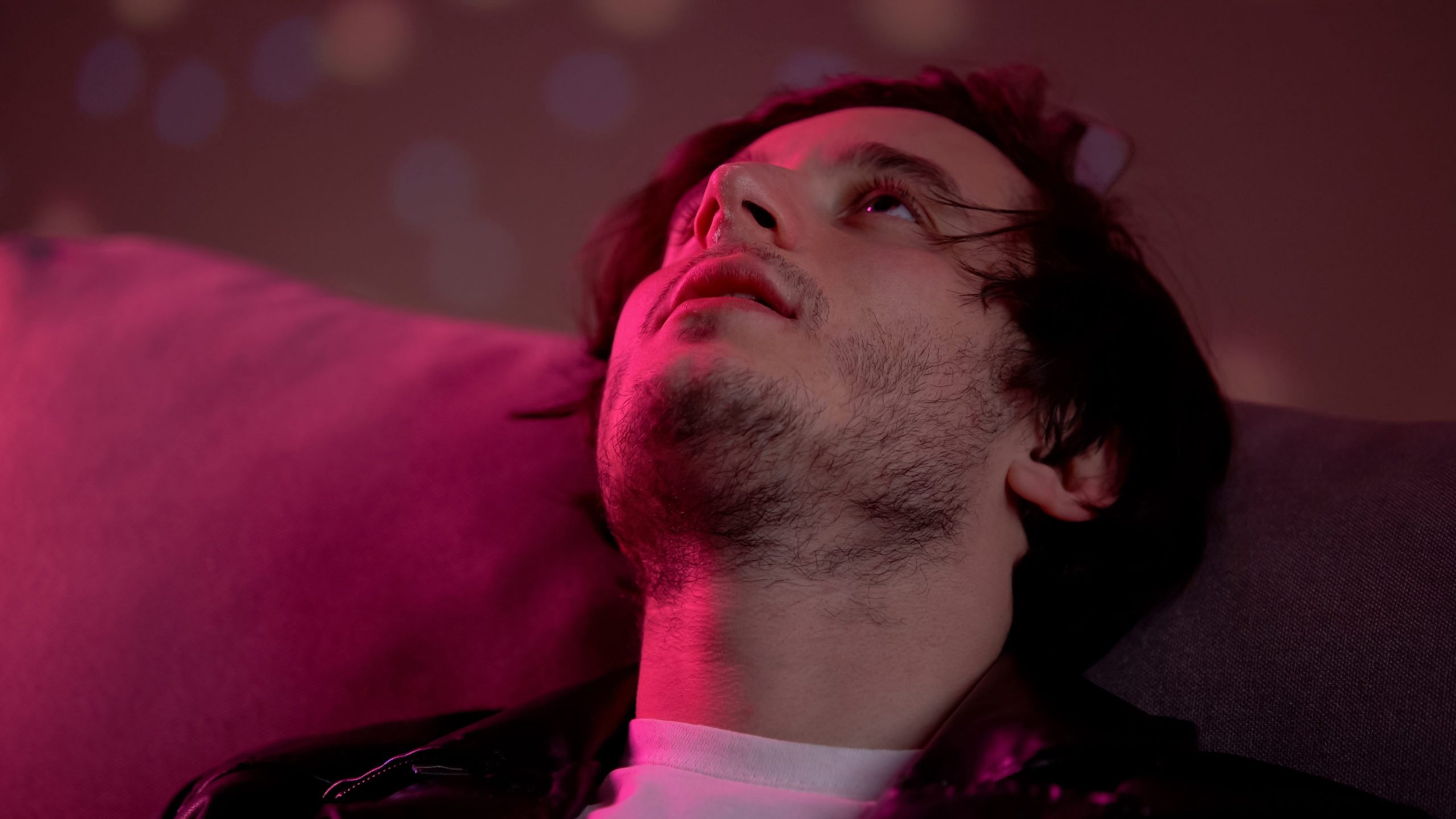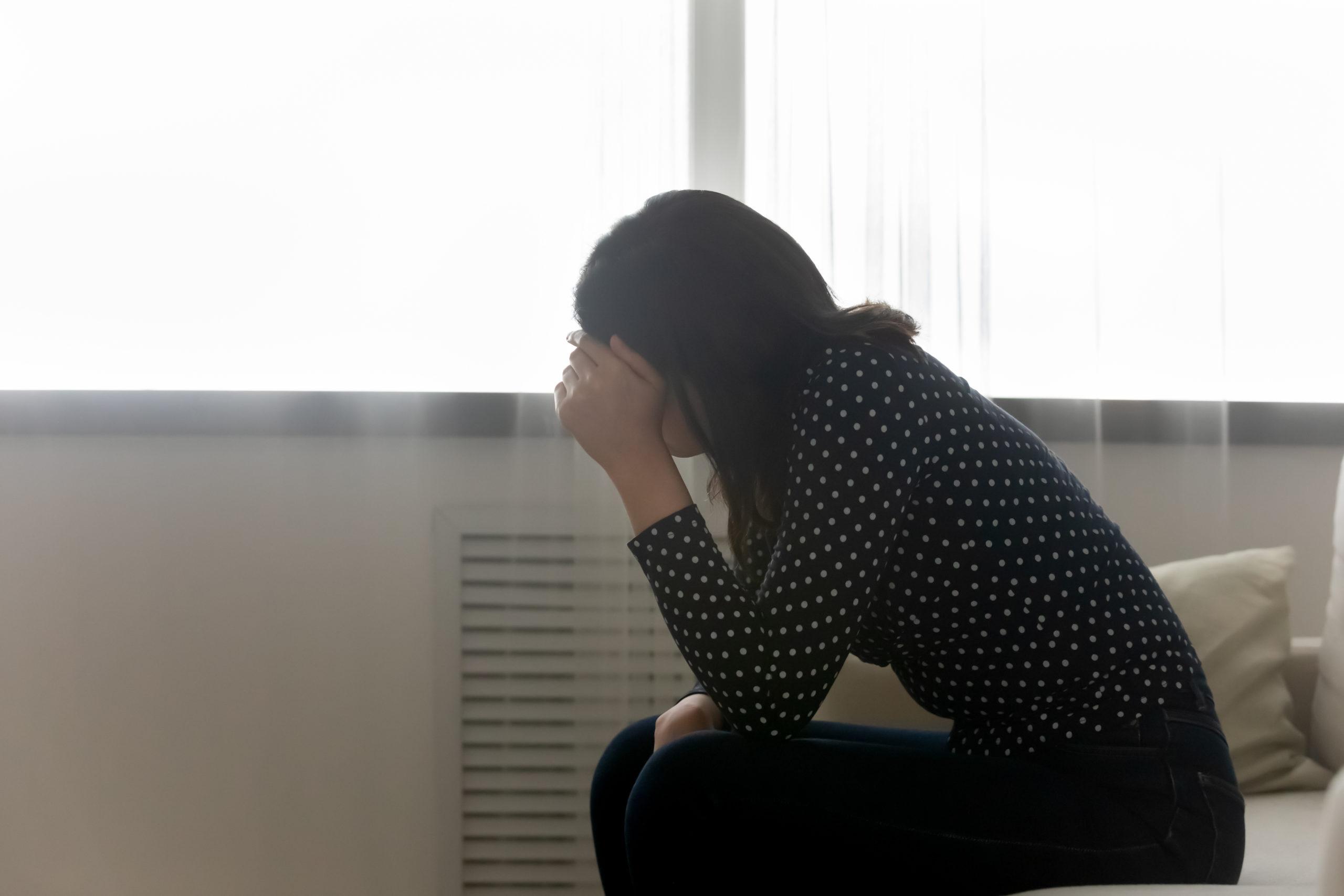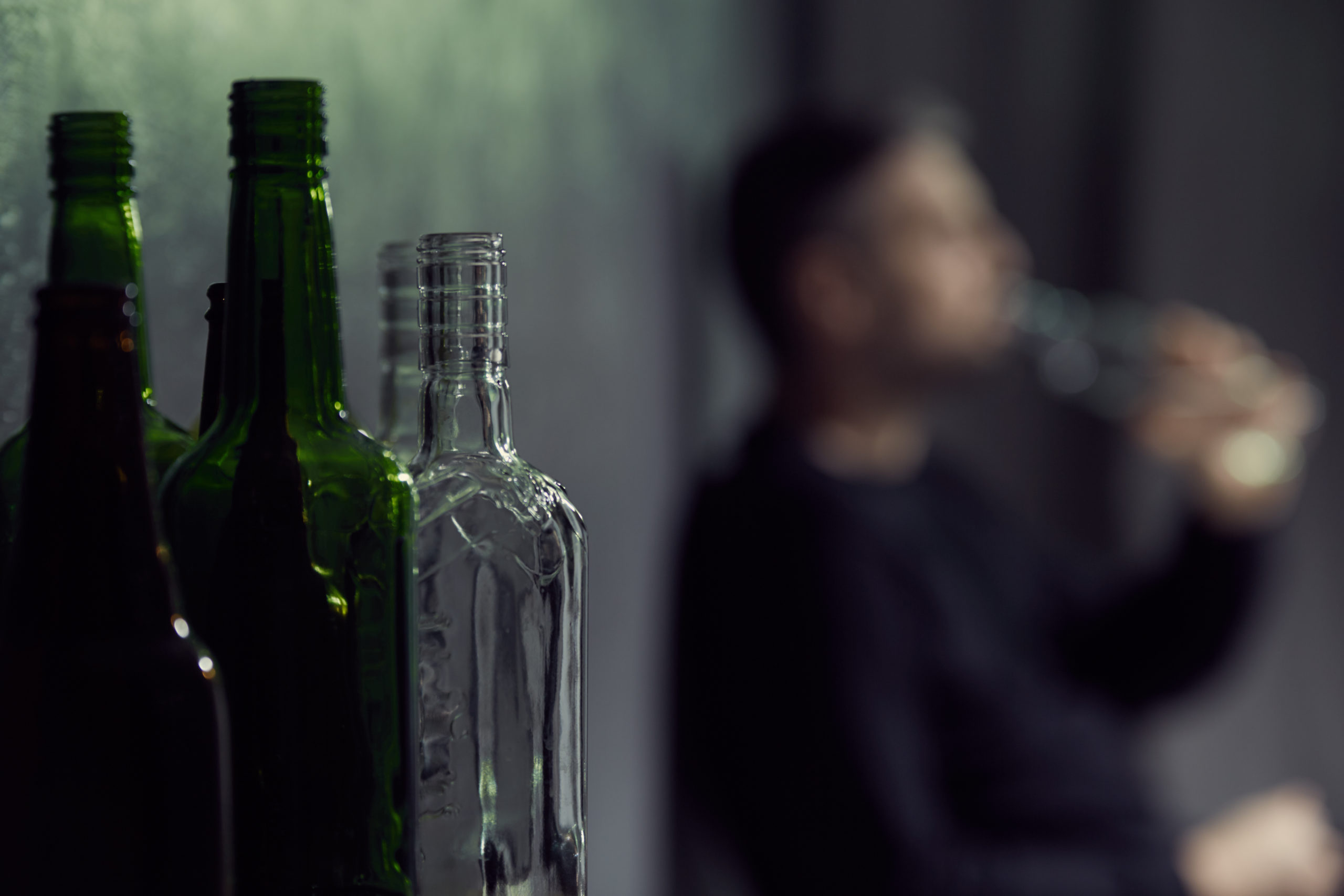If you or someone close to you is struggling with addiction, you might worry about the cocaine detox symptoms should you or they try to quit. For many people, the fear of cocaine withdrawal prevents them from trying. For others, the fear of how uncomfortable the symptoms of cocaine withdrawal are make it difficult to quit. Thankfully, you can find a proper detox center like Liberty House Recovery Center to help you manage your cocaine detox symptoms.
Liberty House Recovery Center is a top-rated luxury drug and alcohol rehab center in Michigan. Contact us today to learn more about how we can help you overcome your cocaine addiction.
Cocaine Addiction
Cocaine is a naturally occurring element derived from the poppy plant. It is a stimulant that stimulates parts of your brain and body. The fast-acting impact (sometimes within minutes after use) gives a significant, though short-acting high. Once this high wears off, it leaves users depressed and anxious for more. It only takes a few times to use cocaine to develop an addiction. After that, you risk cocaine withdrawal.
Symptoms of Cocaine Withdrawal
When you first start a detox, our team will explain what you can expect during your detox. They can also answer questions you might have about the process. Symptoms of cocaine withdrawal can include:
- Increased appetite
- Anxiety
- Nightmares
- Restlessness
- Agitation
- Depression
- Fatigue
- Suicide
These symptoms can begin within the first few hours of your last dose. The first few hours start Phase One, where you begin to feel irritable, anxious, exhausted, and extremely hungry.
The first week after starting detox is called Phase Two, and this is where your symptoms get most intense. You can expect depression, mood swings, nightmares, and insomnia. The cravings are likely to be the most severe of your symptoms.
The first month after detox is Phase Three, where you are no longer under twenty-four-hour care but still struggling with problems concentrating, irritability, depression, and cravings. These cravings can last up to six months after detox, which is why ongoing inpatient treatment is important to lasting recovery.
Cocaine Detox Timeline: What to Expect
Cocaine withdrawal symptoms vary from person to person. When we help you through your initial intake, we will ask a variety of questions about your physical and mental health to try and prepare for your detox process as precisely as possible. This includes:
How Long You Have Been Addicted
The longer you have been addicted to cocaine (or other substances), the more compounds build up in your system. This means it can take longer to completely detox any remaining toxins from your body.
How Much Your Take
The number of drugs you take will impact the timeline for your cocaine detox symptoms and how severe the symptoms are likely to be.
What Else You Take
Other substances can extend the life expectancy of cocaine in your system. Alcohol, for example, can slow down how quickly cocaine is detoxed from your system. So, if you regularly drink and use cocaine, your symptoms might last longer.
Your Physical and Mental Health
We care about your physical and mental health because they impact the symptoms of cocaine withdrawal too. If you are physically or mentally less healthy than you can be, we might need to provide counseling before the detox process, a nutritional IV during your detox, or similar services to help improve your strength during recovery.
Why Choose Liberty House Recovery Center?
Liberty House is a certified detox center in Michigan. As a fully licensed inpatient treatment center, we have doctors, nurses, counselors, and other medical personnel on staff twenty-four hours per day to help you through your cocaine withdrawal.
We understand that symptoms of cocaine withdrawal will vary from one person to the next; what you experience on the first day may be different from someone else on their first day, or perhaps you have the same symptoms, but yours are more severe. We take time to explain all of these potentials when you first arrive so that you aren’t scared of symptoms of cocaine withdrawal but rather, prepared.
Our team is committed to excellence, respect, and compassionate care. While you are under our care, you will be treated by a team of experts in their fields, including the nursing staff who check your vitals around the clock, the doctors who prescribe medication to help manage cocaine withdrawal, and the counselors and therapists who offer treatment moving forward.
Contact Liberty House today to learn more about the symptoms of cocaine withdrawal.

